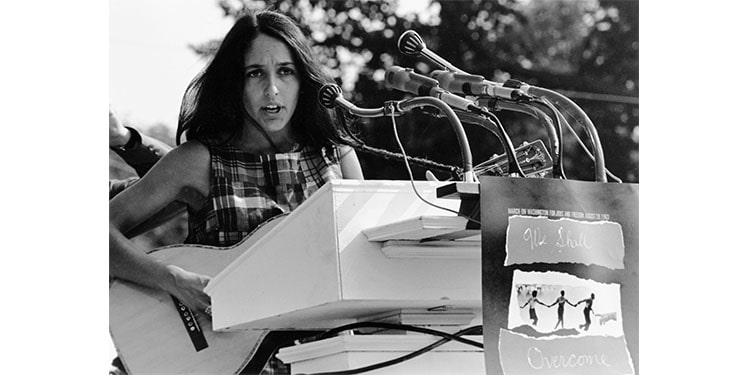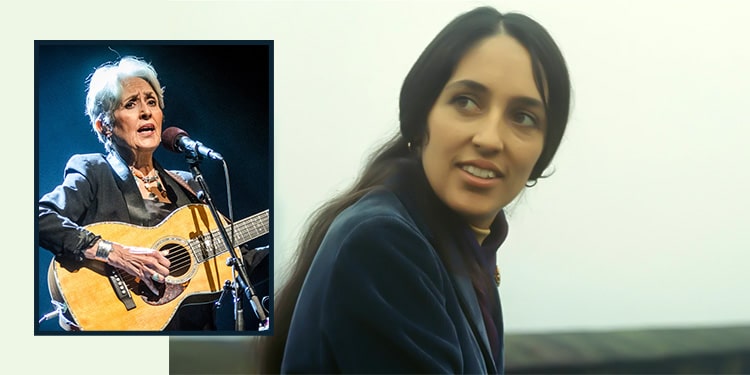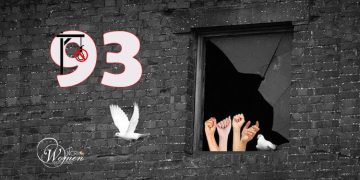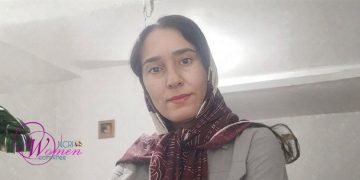Joan Chandos Báez, known worldwide as Joan Baez, the “Queen of Folk,” is far more than a singer and songwriter. She is a symbol of moral courage, artistic authenticity, and tireless advocacy for human rights. From the 1960s until today, Baez has used her voice not only to sing but also to stand beside those who fight for justice, freedom, and human dignity.
Early Life and Musical Beginnings
Born on January 9, 1941, in Staten Island, New York, Joan Baez grew up in a peace‑loving and cultured family. At fifteen, she picked up a guitar for the first time, and by eighteen, she was performing folk songs on stage — her unique voice instantly captivating audiences.
Her debut album, Joan Baez, released in 1960, introduced a fresh, honest sound that would redefine American folk music. But it was her appearance at the legendary Woodstock Festival in 1969 that turned her into a global icon. With her heartfelt performances and fearless political stance, Joan Baez became the musical voice of a generation seeking justice and peace.
Music and Activism: A Lifelong Commitment
Joan Baez’s career has never been separated from her activism. Her songs tell the stories of the oppressed, the imprisoned, and the silenced. From opposing the Vietnam War to supporting Nelson Mandela’s anti‑apartheid struggle, Baez’s art has always echoed her unwavering belief in nonviolence and human rights.
During the Bangladesh Liberation War in 1971, she performed The Story of Bangladesh, a song narrating the massacre of students in Dhaka, a haunting reminder of her solidarity with the voiceless.
Baez even traveled to Vietnam during the war, standing with the liberation movement and penning the song Where’s My Son? out of that harrowing experience.
She also stood shoulder‑to‑shoulder with Dr. Martin Luther King Jr., marching for civil rights and performing at protests that changed the course of American history. “Injustice anywhere,” she believed, “is a threat to humanity everywhere.”

A Voice for the World and for Iran
Joan Baez’s compassion has transcended borders. In 1977, she collaborated with international human rights organizations in Iran, publicly condemning the brutalities of Mohammad Reza Shah Pahlavi. In a televised statement, she called him “the murderer of Iran’s children.”
Decades later, during Iran’s 2009 Protests, Baez once again raised her voice for freedom. She recorded the song We Shall Overcome, singing part of it in Persian, and shared a heartfelt message on her website:
“Your courage thrills us, and your sacrifice inspires us. How fortunate I am to witness this day. My prayers, my love, and my support go out to you.”
Her solidarity with the Iranian people made her a beloved figure among those fighting for democracy and human rights.
Legacy and Recognition
Even in her later years, Joan Baez remains a tireless defender of justice. She continues to support organizations like Amnesty International, which created the Joan Baez Award in her honor, granted annually to brave and devoted human rights defenders around the world.
From lending her guitar to Václav Havel during a protest in Czechoslovakia, to performing songs of hope for the people of Chile under Pinochet’s dictatorship, Joan Baez has never hesitated to confront tyranny with melody and truth.

Philosophy and Spirit
Joan Baez often reflects on her artistic mission with disarming humility:
“There’s no such thing as self‑sacrifice,” she once said. “If I hadn’t done what I’ve done, that would have been the sacrifice.”
To her, music is not only an art form, but also a form of resistance, a spiritual duty to those who cannot raise their voices.
An Enduring Symbol of Hope
Joan Baez’s story is not merely the story of a folk singer; it is the chronicle of an artist who turned music into a moral compass for humanity. From Woodstock to Tehran, from Selma to Santiago, her songs continue to inspire generations to believe in peace, dignity, and the power of truth.
With her warm, crystal voice and fearless heart, Joan Baez remains, and will always be, the voice of conscience on the soundtrack of modern history.
























